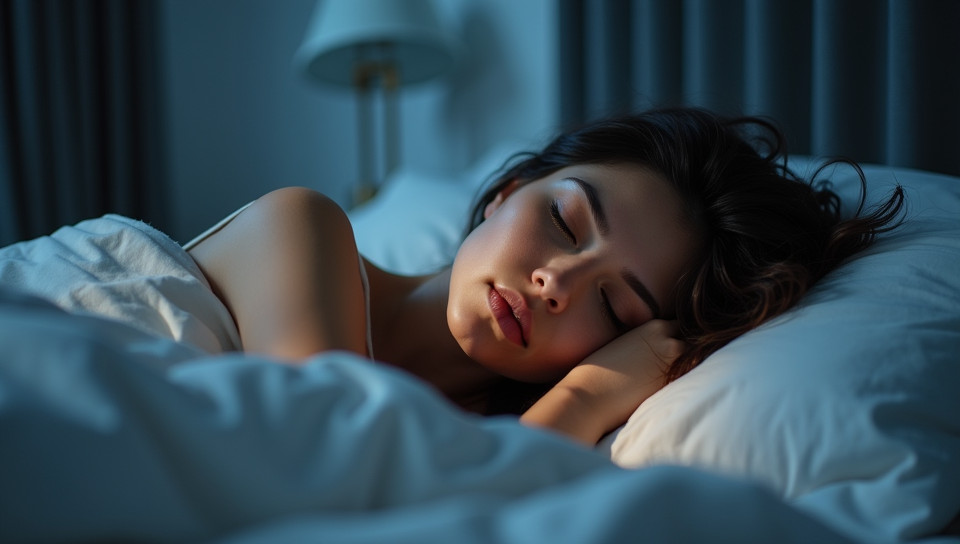Melatonin can cause daytime drowsiness 84%

The Dark Side of Melatonin: Understanding Daytime Drowsiness
As we navigate our busy lives, many of us turn to melatonin supplements as a quick fix for our sleep troubles. But have you ever wondered if this natural hormone can have an unexpected side effect? Melatonin is often touted as a miracle worker when it comes to inducing sleep and improving the quality of our rest. However, research suggests that taking melatonin can lead to daytime drowsiness, affecting our productivity and daily routines.
The Science Behind Melatonin
Melatonin is a hormone produced by the pineal gland in our brain, regulating our sleep-wake cycles. When taken as a supplement, it's meant to mimic the body's natural production of melatonin, helping us fall asleep faster and sleep more soundly. However, this can have an unintended consequence: increased drowsiness during the day.
The Risks of Daytime Drowsiness
Daytime drowsiness can be a significant concern for individuals who rely on melatonin supplements to improve their sleep quality. When we're groggy and disoriented, we may struggle with:
- Difficulty concentrating
- Memory lapses
- Increased risk of accidents or mistakes at work
- Reduced motivation and energy levels
- Strained relationships due to irritability
The Impact on Our Daily Lives
Daytime drowsiness can affect various aspects of our lives, including our careers, social relationships, and overall well-being. Imagine being in a meeting or driving on the road, only to feel like you're struggling to stay awake. This is not just a minor inconvenience; it's a serious issue that can have long-term consequences.
Breaking Free from Melatonin-Induced Drowsiness
While melatonin supplements may seem like an easy solution for sleep problems, it's essential to weigh the potential risks against the benefits. Consider the following alternatives:
- Establish a consistent sleep schedule
- Create a relaxing bedtime routine
- Avoid caffeine and electronics before bed
- Exercise regularly, but not too close to bedtime
- Get some morning sunlight exposure
Conclusion
Melatonin supplements can indeed cause daytime drowsiness, which may seem counterintuitive for individuals seeking better sleep quality. By understanding the science behind melatonin and its potential side effects, we can make informed decisions about our health and well-being. If you're experiencing daytime drowsiness after taking melatonin, consider alternative solutions to improve your sleep and overall quality of life. Your productivity, relationships, and happiness depend on it.
- Created by: Henry Richardson
- Created at: Oct. 13, 2024, 9:14 p.m.
- ID: 12514



